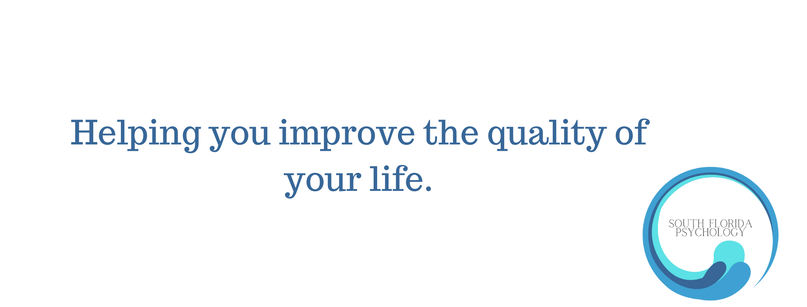|
I was raised in a strict religious family that highly valued service to the community and spreading Catholic morals and ethics. When I was 16, our family joined with three other families to form a religious community, but it quickly disbanded a few years later because we did not have the social/emotional/communication skills to collaborate and work together in an egalitarian manner.
When I became an adult, I began to question my religious beliefs. I was having difficulty believing that I would go to hell simply by not espousing certain beliefs. I also did not believe that love and acceptance should be conditioned by certain behaviors. I realized that trying to be what someone else wanted me to be was not going to lead to happiness, self-actualization or self-fulfillment. So, after graduating with a nursing degree at age 21, I moved away from my family and went out on my own, continuing my passion for service by becoming a critical care nurse. Feeling disconnected from my family, and trying to please everyone but myself, I became depressed and sought psychological treatment. That is when I initially learned about the process of Nonviolent Communication, or NVC (although they didn't call it that, at the time). Through therapy and journaling, I slowly learned to identify my feelings and communicate them to others in a more honest yet kind way. With my depression abating, I became passionate to learn how to help others overcome depression. I became a clinical psychologist and have been working as a therapist for the past 30 years. In my years of psychological training from 1990 to 1995, I learned about different psychotherapeutic modalities (cognitive-behavioral, Rogerian, psychodynamic, behavioral), but never learned about Marshall Rosenberg’s NVC. In spite of that, since becoming a therapist, I have often used the “I statement” forms and list of feelings that I was given in my own treatment, not knowing where they came from. About 8 years ago, I began a daily mindful meditation practice that greatly enhanced my ability to identify my thoughts, emotions, and body sensations. I became less tense, and more compassionate towards myself. Empowered to help others do the same, I then received training to become a mindful meditation teacher and self-compassion instructor, hoping to spread the seeds of mindfulness to as many people I could reach. About 2 years ago, a friend of mine recommended Marshall’s book, “Nonviolent Communication: A language of life”. She told me how the book improved her ability to talk to her step-daughter. Reading the book was like coming home! Finally, everything became clear; (1) mindfulness can help a person become more aware of their thoughts, feelings, and body sensations, (2) mindful self-compassion can give you the inner resources to process painful thoughts and emotions, and (3) NVC can help you communicate those thoughts and feelings to others in a way that is honest yet kind at the same time. I truly believe that if everyone practiced mindfulness, self-compassion and NVC, there would be much more equality and harmony in this world.
40 Comments
6/23/2021 12:05:46 am
Great article! Thank you for sharing this informative post, and looking forward to the latest one.
Reply
6/24/2021 01:21:38 am
Very much helpful article! Thank you for sharing this informative post, and looking forward to the latest one.
Reply
12/2/2021 06:28:42 pm
Dear Ms. Theroux,
Reply
10/18/2022 09:13:41 am
One of the most important bits of information, in my opinion, is this. I enjoyed reading your essay, too. I liked how you explained.
Reply
3/22/2023 01:38:49 pm
Thanks for this very great article. Next article please. Click: https://www.7xm.app/register?affiliateCode=xnckb
Reply
Leave a Reply. |
Sharon M TherouxLicensed psychologist, neuropsychologist, mindful meditation teacher. ArchivesCategories |
HoursM-F: 9am - 5pm
|
Telephone561-395-0243
|
|

 RSS Feed
RSS Feed